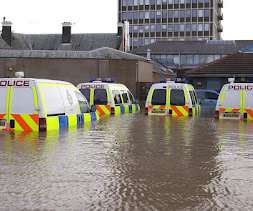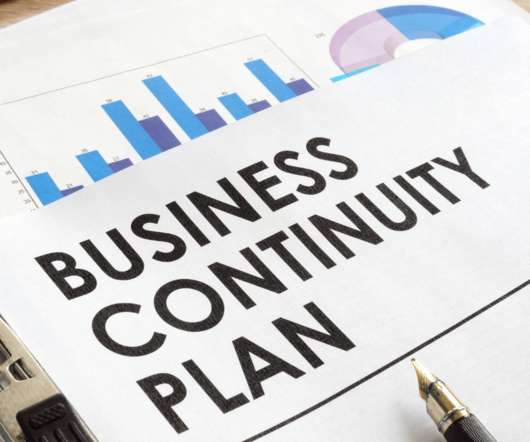State of the Nation - a UK Perspective on Covid-19
Emergency Planning
OCTOBER 23, 2020
Although the virological, medical and epidemiological problems are obviously very complex, medical scientists - and politicians - should not be making risk management and logistical decisions if they do not have the expertise. The scenario for this pandemic (excluding the recovery) was fully formulated over the period 2003-2009.











Let's personalize your content